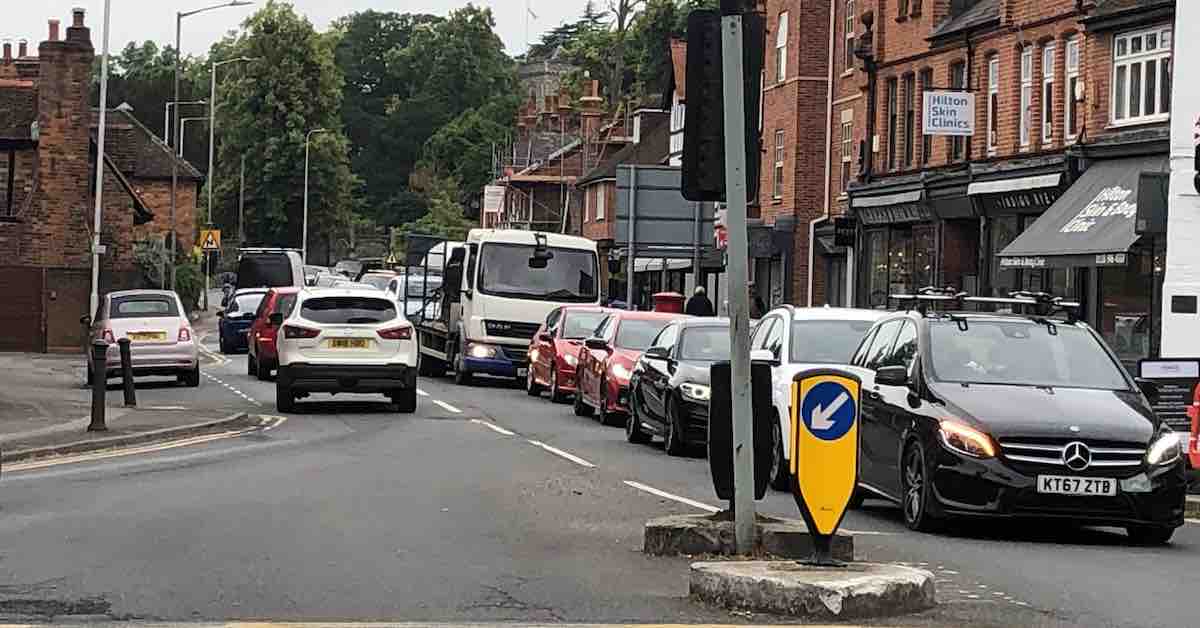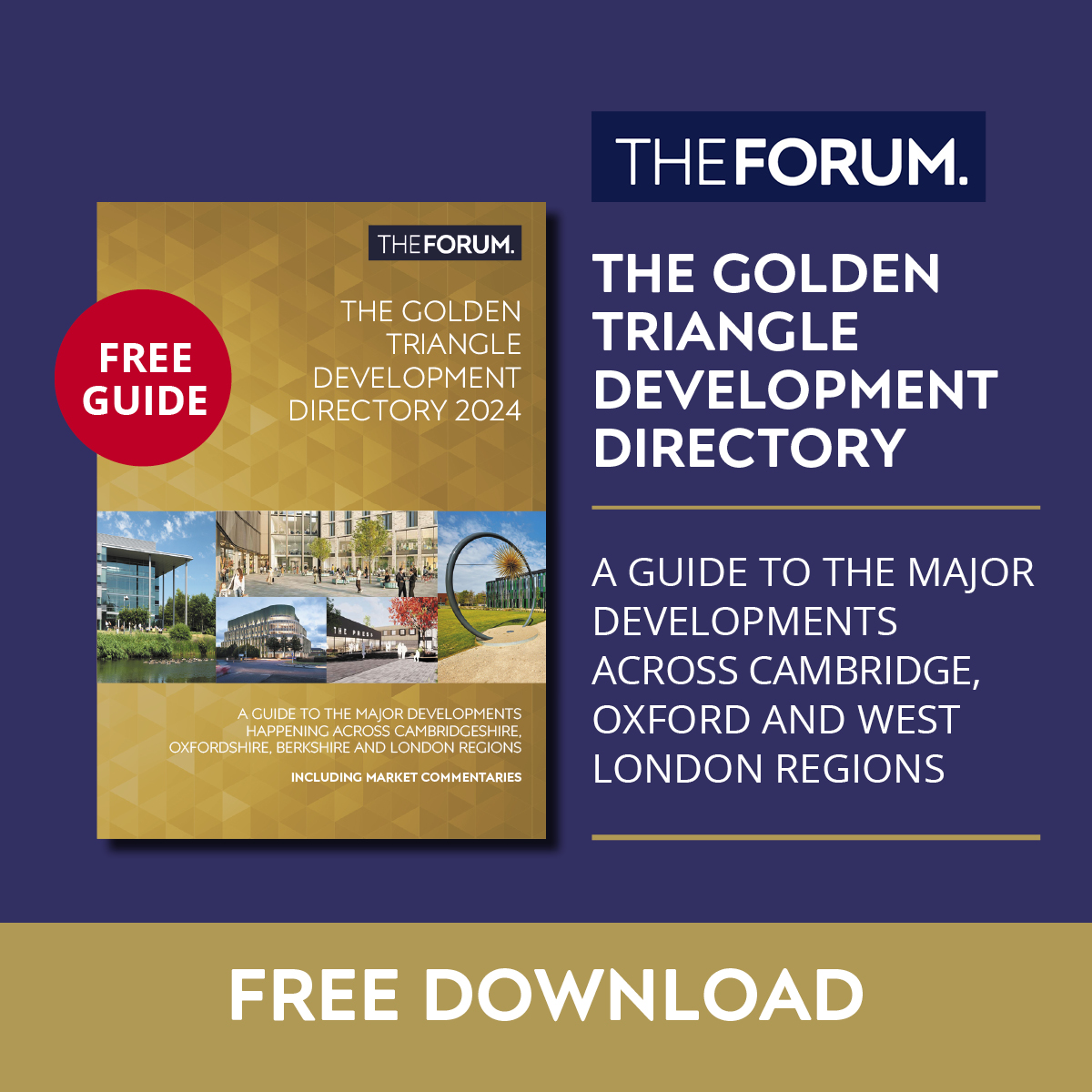A ‘rat-run charge’ for vehicles driving through Reading is being considered by Reading Borough Council.
The move is being prompted by the continuing efforts by Oxfordshire councils to block attempts to allow a third Thames crossing to be built.
Reading’s strategic environment, transport and planning committee agreed to start a consultation on its Transport Strategy for 2040 at its June 29 meeting. The document proposes road user charging for vehicles which pass through the town.
Lead member for climate strategy & transport Cllr John Ennis said a third Thames bridge is a massive part of its transport plans and said the council wants to work in co-operation with its neighbours.
But he warned: “We want to work with our partners in Oxfordshire. We want to work with them to have a transport shift away from Reading where people don’t need to come into the town.
“If we don’t get that and there continues to be a block, an obstacle – and residents north of the river in Caversham, they are feeling that all the time, the lack of a third Thames bridge – then we will have to look at something else.
“We will look at congestion, we will have to look at what we would call ‘a rat-run charge’. We would have to look at that and take that forward.
“Up to 25 per cent of traffic on the IDR, particularly coming from the north coming into the town, has no destination in our town. Reading should not be a through rat-run area for people to go elsewhere. They need to use the A34, they need to use other roads and not use us for through traffic.
“If we take 25 per cent of traffic off the A4074, north of the river going in, that will give people of Caversham and people in the centre a chance to breathe.”
Mayor of Reading Cllr Tony Page denied that a congestion charge is proposed but said a charge on those driving through with no purpose in the town is an option under consideration.
He said: “The charge we are talking about is on those vehicles that use Reading as a shortcut, not those that legitimately want to come into the town.
“One of the options is putting a charge on all vehicles that simply drive through Reading as a shortcut. They bring nothing to the town, other than pollution and congestion – they don’t even stop for a cup of tea.”
He dismissed comparisons, made by opposition councillors, of cycle usage in Oxford and Cambridge which is much higher than in Reading and pointed to the fact Reading has high bus usage and the highest proportion of bus lanes per road of any town or city outside of London.
But on the third bridge he asked the Liberal Democrat leader, Cllr James Moore, to lobby his political colleagues in Oxfordshire, whom he argued, have failed to engage with Reading and treat residents in the south of the county with distain.
He went on: “One of the last remaining tools in our box, that will hopefully bring them to the table, will be a charge that could face many of their residents for using Reading as a shortcut.
“Those that come into Reading legitimately would not face a charge, whether that be by car to park in our car parks or whether it’s on our buses.
“But those residents of Oxfordshire that continue to treat Reading as a shortcut, should, in my opinion, face a substantial charge for doing that and that is one of the options we have here.
“If that brings Oxfordshire County Council and South Oxfordshire to the table then all to the good.”
He told Cllr Moore he would have his work cut out persuading his Liberal Democrat colleagues in Oxfordshire to engage.
Cllr Page went on: “I believe that this option should, hopefully, get them to sit up because it’s in their interests as well.
“I could never understand why Oxfordshire has been quite so happy to see lorries and cars that should be on the A34 and M4, trundling down the A4074, through some very pleasant villages with loads of listed buildings right up to the highway, being shaken to their foundations.
“But perhaps they might like to answer to their local electors.”
He said if Oxfordshire councils supported such a charge, then the case for a third bridge may be reduced.
But he added: “Oxfordshire’s got to recognise that the status quo is not an option and we have a duty of care to our local residents in terms of improving air quality and reducing congestion.
“And if reducing that congestion on some of the roads north of the river enables more reliable bus services to be introduced or existing services to be expanded, then it’s in our interest and the interests of local residents as well.”
© Thames Tap (powered by ukpropertyforums.com).
Sign up to receive our weekly free journal, The Forum here.
















